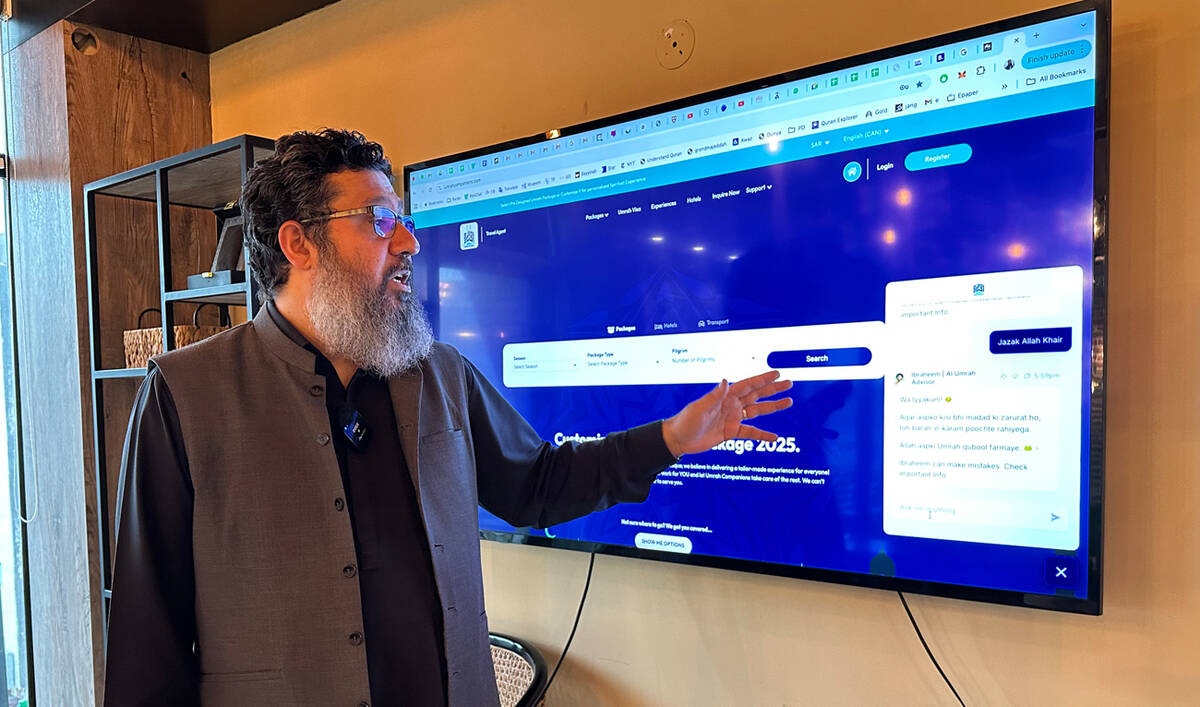ISLAMABAD: The Election Commission of Pakistan’s (ECP) consultations with the attorney general and legal experts to decide on a date for general elections in Punjab and Khyber Pakhtunkhwa province ended inconclusively on Wednesday, heightening political uncertainty in the South Asian nation at a time of deep economic turmoil.
Seeking to force Pakistan to hold an early national election, the opposition Pakistan Tehreek-e-Insaf (PTI) party led by former prime minister Imran Khan dissolved the provincial government in KP in January, just days after doing the same in Punjab province. Both regions account for more than half of the country’s 220 million population.
Under Pakistani law, fresh polls for the two provincial assemblies should be held within 90 days, and Khan’s Pakistan’s PTI is gambling on the national government being unable to afford to hold the provincial elections separately from a national election, which is otherwise due by October.
In recent weeks, however, PTI senior leaders have variously said the current coalition government of Prime Minister Shehbaz Sharif was trying to elections in the two provinces as their respective acting governors failed to set a date. On Monday, thus, President Dr. Arif Alvi, a close Khan ally, said he was exercising his constitutional right under the Election Act 2017 to set April 9 as the date for the polls.
On Wednesday, the ECP held detailed consultations with Attorney-General of Pakistan, Shehzad Ata, and two other legal experts, Shah Khawar and Sajeel Sheryar Swati, to seek their legal opinion on whether it was duty bound to follow the election date announced by the president and issue a polling schedule for the two provincial assemblies accordingly.
“The election commission has sought the legal opinion in writing and we are preparing it now,” Swati told Arab News, saying he had shared his legal opinion with election commission officials during Wednesday’s meeting.
“I am not in a position to disclose my legal opinion on the election date at the moment but will definitely share it with the ECP by tomorrow,” he said.
The president’s unilateral announcement of an election date on Monday created a constitutional and political crisis, sparking debate on whether he could do so without consulting the ECP or the prime minister.
In a statement issued on Tuesday, the election commission said it was prepared to hold the polls within 90 days “but it is nowhere written in the constitution and law that the commission will give the date for the elections.”
“Albeit, after the date of elections is fixed by a lawful authority, the commission is bound to issue an election schedule and hold elections,” the statement, which was issued after a meeting chaired by chief election commissioner Sikandar Sultan Raja, said.
The controversy over the provincial assemblies election dates emerged after the respective acting governors of the two provinces refused to give a date for the polls. The matter is also pending in the Lahore and Peshawar High Court for adjudication.
Under Article 57(1) of the Elections Act 2017, the president is empowered to “announce the date of general elections after consultation with the commission.” In recent weeks, the president had written two separate letters to ECP officials, inviting them for consultations on election dates, but the latter refused to become part of the process.
The commission did not respond to Arab News’ questions regarding Wednesday’s meeting but officials privy to the development said the commission would meet again tomorrow, Thursday, to continue talks.
The crisis around the provincial elections continues as hundreds of supporters of Khan on Wednesday defied a ban on rallies in a commercial area of the city of Lahore, taunting police and asking to be arrested en masse.
The protest is Khan’s latest campaign, dubbed “fill the jail cells” with detainees, or “jail bharo” in Urdu, another bid way to pressure the administration into holding early elections.






















